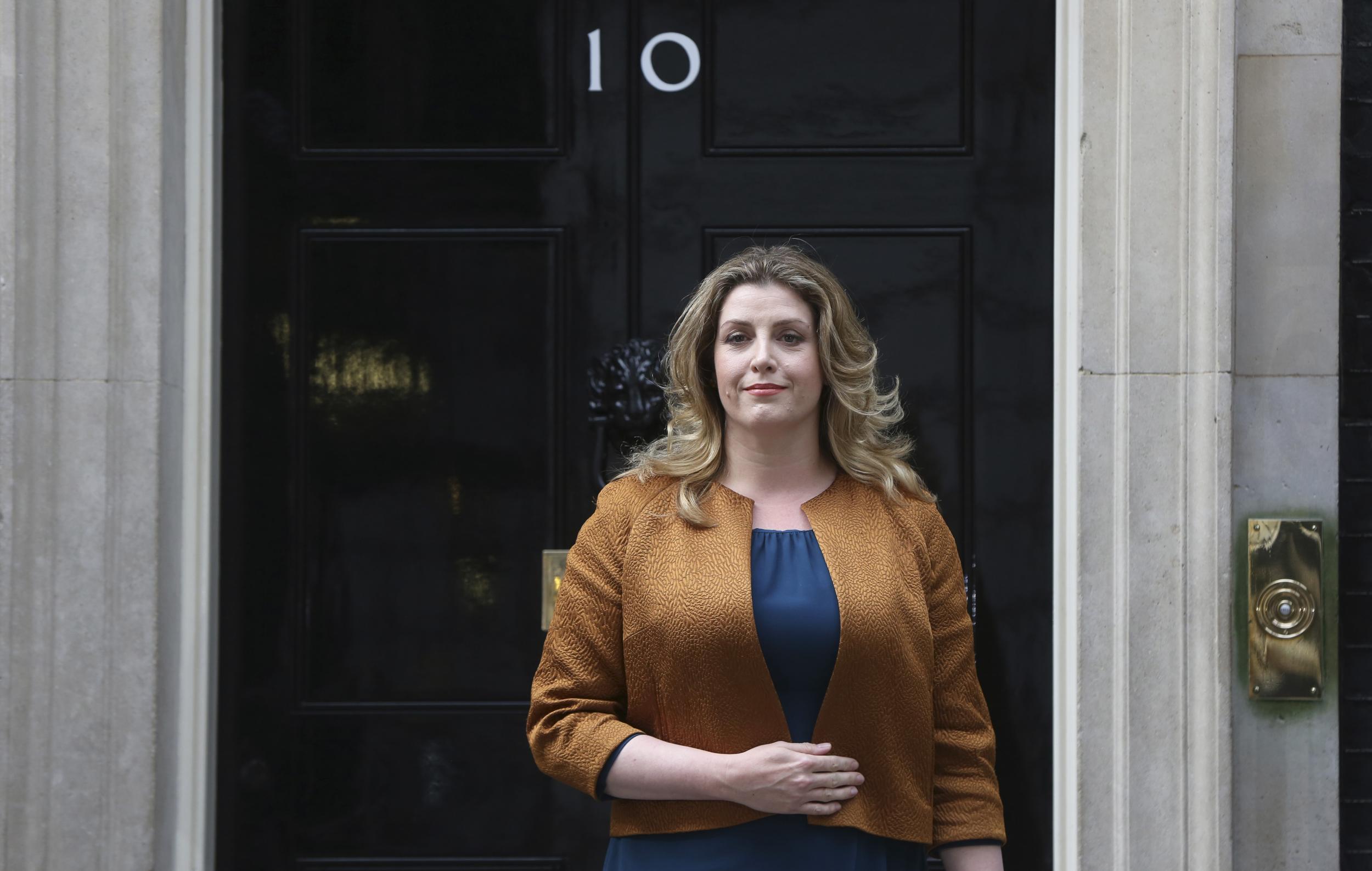If Penny Mordaunt really believes in aid, she should put funding back into HIV and Aids prevention
A number of Conservative MPs and newspapers are calling for our country to drop its 0.7 per cent of gross national income on aid


Your support helps us to tell the story
From reproductive rights to climate change to Big Tech, The Independent is on the ground when the story is developing. Whether it's investigating the financials of Elon Musk's pro-Trump PAC or producing our latest documentary, 'The A Word', which shines a light on the American women fighting for reproductive rights, we know how important it is to parse out the facts from the messaging.
At such a critical moment in US history, we need reporters on the ground. Your donation allows us to keep sending journalists to speak to both sides of the story.
The Independent is trusted by Americans across the entire political spectrum. And unlike many other quality news outlets, we choose not to lock Americans out of our reporting and analysis with paywalls. We believe quality journalism should be available to everyone, paid for by those who can afford it.
Your support makes all the difference.Across the globe people struggle daily under the weight of the physical and mental strain – along with the stigma – of Aids and HIV.
Substantial progress has been made in response to HIV and Aids, leading to a formidable target set to ends Aids as a public health threat by 2030; our nation should take great pride in contributing to the eradication of the disease.
But the work is far from done. New infections remain high, with 1.8 million people becoming newly infected with HIV in 2016. Meanwhile, many countries continue to impose unacceptable discriminatory legal frameworks on people living with HIV and people most affected by HIV.
Aids is acquired immune deficiency syndrome. A person living with HIV is said to have Aids if their immune system becomes weakened by HIV to a severe extent where it causes a number of specific illnesses, for example Kaposi sarcoma or recurrent pneumonia. With correct treatment it’s possible to recover from having Aids, which means the physical illnesses have gone away although the person will still have HIV. The UK can help by providing this treatment in developing countries across Africa, Asia and the Americas.
But the fact that Aids-related deaths have fallen has contributed to diminished funding from international donors. During this time, the United Kingdom must not shirk its responsibility.
Fortunately our new Secretary of State for International Development says she believes in aid. “I believe in the power it has to end disease, hunger and extreme poverty, to build strong economies and to help the world’s most vulnerable people live lives of dignity. Aid also allows us to influence and shape the world around us,” Penny Mordaunt recently wrote.
“Alongside our world-class defence and diplomacy, it provides the greatest return on investment for the taxpayer’s purse: to head off trouble before we have to intervene militarily or to handle a crisis, and to create opportunity, peace and prosperity. I believe the public knows the power of aid, too. They understand the benefits it brings: how eradicating deadly diseases like Ebola protects us here at home, how the provision of education and economic opportunities around the world can stem migration. And they feel a moral obligation to help nations rife with poverty and poor health.”
However, her department’s overall funding for HIV is in sharp decline, falling by 22 per cent between 2012 and 2015. And cuts to country offices have cancelled out the Department for International Development’s increased global fund contribution. Funding for civil society has been particularly hard hit, declining from £30m in 2011 to just £8m in 2015.
To top that off, DfID’s political commitment to the HIV response has been inconsistent, according to StopAids, citing the fact at HIV is absent from significant DfID strategies, and DfID has missed several international HIV conferences. It is not acceptable for the UK to “empty-chair” these important international meetings on tackling HIV and Aids.
More specifically, in response to parliamentary questions and letters, DfID has articulated an ambitious set of priorities closely aligned with UNAids strategy but are struggling to measure and demonstrate cumulative impact within the HIV response. Indeed, DfID does not have an effective mechanism to assess whether HIV has been successfully integrated into wider health and development programmes.
This is occurring against a backdrop of a number of Conservative MPs and newspapers calling for our country to drop its 0.7 per cent of gross national income on aid. It is self-evident what dropping this would mean for tackling HIV and Aids.
The challenge for Penny Mordaunt is to formalise and publish a strategy on HIV quickly, increase levels of funding in line with UNAids recommendations, while putting the issue on the agenda at upcoming meetings including the International Aids Society Conference.
Already she has made the right noises. Let us now see if she can back it up with concrete action and help those who desperately need it.
Catherine West is Labour MP for Hornsey and Wood Green
Join our commenting forum
Join thought-provoking conversations, follow other Independent readers and see their replies
Comments